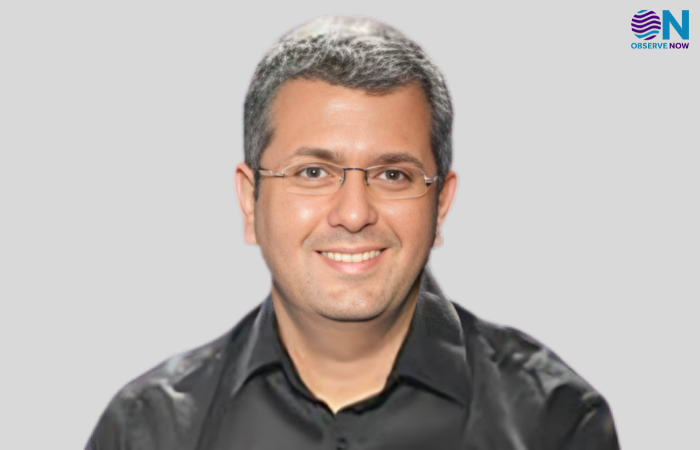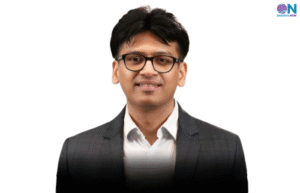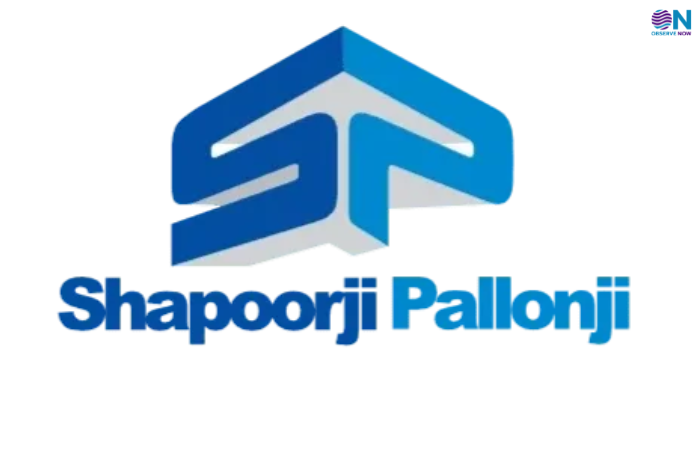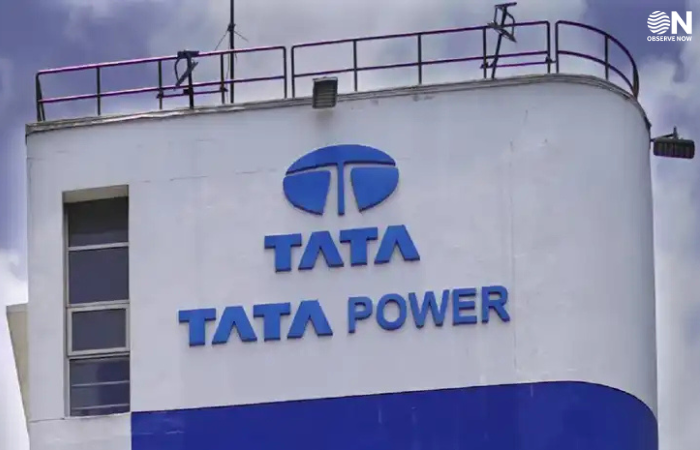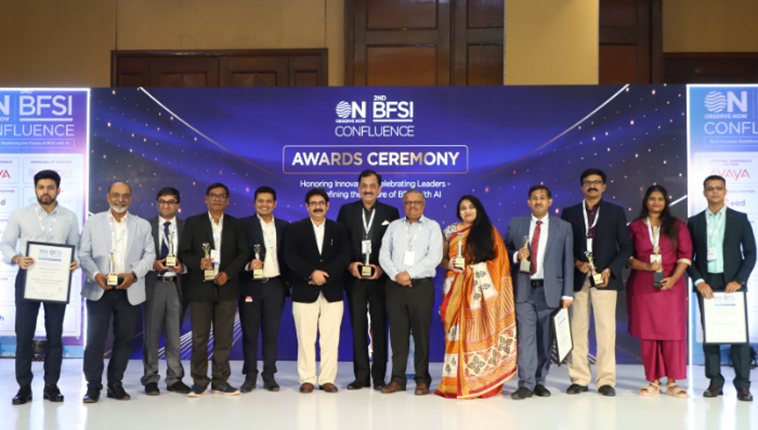ObserveNow concluded the 2nd edition of its flagship BFSI Confluence in Mumbai, spotlighting the convergence of artificial intelligence, cybersecurity, digital identity, and inclusive innovation in India’s financial services sector. Themed “Tech Forward: Redefining the Future of BFSI with AI,” the day-long summit brought together over 70+ top technology and business leaders from banks, fintechs, insurance firms, regulators, and government bodies.
Building on the momentum of its inaugural edition, this year’s Confluence focused on how AI is moving from experimental pilots to institutionalised systems—driving smarter decisions, seamless experiences, and stronger safeguards across the BFSI landscape.
The event opened with a Welcome note address by Mr. Jeet Sharma, CEO and Co-founder at ObserveNow Media, “It’s a privilege to welcome you all to the 2nd edition of the BFSI Confluence. We’re thrilled to host a platform that truly caters to the need of the hour—bringing AI, innovation, and digital trust to the forefront of the financial services dialogue. This Confluence isn’t just an event; it’s a collective voice of the industry’s changemakers. From policymakers to CIOs, from fintech pioneers to cybersecurity leaders—we’ve brought together the right minds to amplify where the BFSI industry is headed next.”. Jeet said.
Followed by a keynote address by Capt. Lovekesh Thakur, Deputy Director General, UIDAI, who spoke on the evolving role of digital identity in an AI-driven economy. “Aadhaar has enabled financial inclusion at scale. The next phase is using that foundation to embed AI—responsibly and securely—into every part of the system,” he said. His remarks set the tone for a day filled with dynamic sessions across AI, compliance, automation, and alternative data strategies.
The Confluence was anchored by four high-impact panel discussions, each curated to address a critical pillar of transformation in the financial services ecosystem. From demystifying AI adoption in core operations to addressing the rising tide of cybersecurity threats, the panels reflected the pulse of the industry. The first panel explored how AI is evolving from a transactional tool to a strategic enabler. The second brought cybersecurity, compliance, and resilience into sharp focus. The third delved into the digital transformation journeys of fintechs and traditional banks. The final panel zoomed in on the insurance sector, revealing how automation and AI are redefining risk, underwriting, and customer experience. Together, these conversations mapped out a holistic, forward-looking blueprint for the BFSI sector.
The first panel discussion, “Beyond Transactions – Shaping the Future of Finance with AI,” brought together technology heads from Edelweiss Alternatives, JM Financial, CSB Bank, YES SECURITIES, and others. Moderated by Ramkumar Subramanian, Partner – FS Risk, Grant Thornton Bharat, the conversation focused on shifting AI from pilot programs to mainstream decision-making tools. Killol Thakore, CTO at Edelweiss Alternatives, noted, “AI is evolving from a backend processor to a strategic partner. We’re already using it to augment risk models and accelerate deal cycles.”
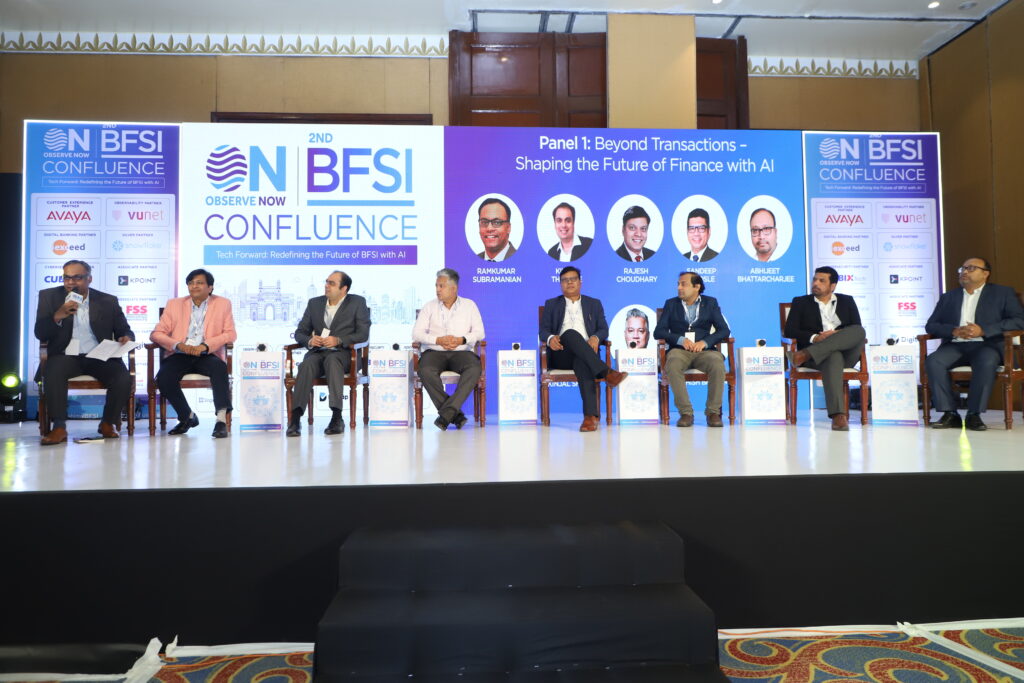
Panel 2 emphasised on Securing BFSI – AI, Compliance & Cyber Resilience. Led by cybersecurity heads from SBI, CDSL, HSBC India, and Tata AIG, this discussion addressed rising threats in an AI-native ecosystem. “AI brings speed—but so do threats. The race now is to embed predictive defence mechanisms across our systems,” noted Dr. Nareshkumar Harale, SVP & Head, Information Security, SBI.
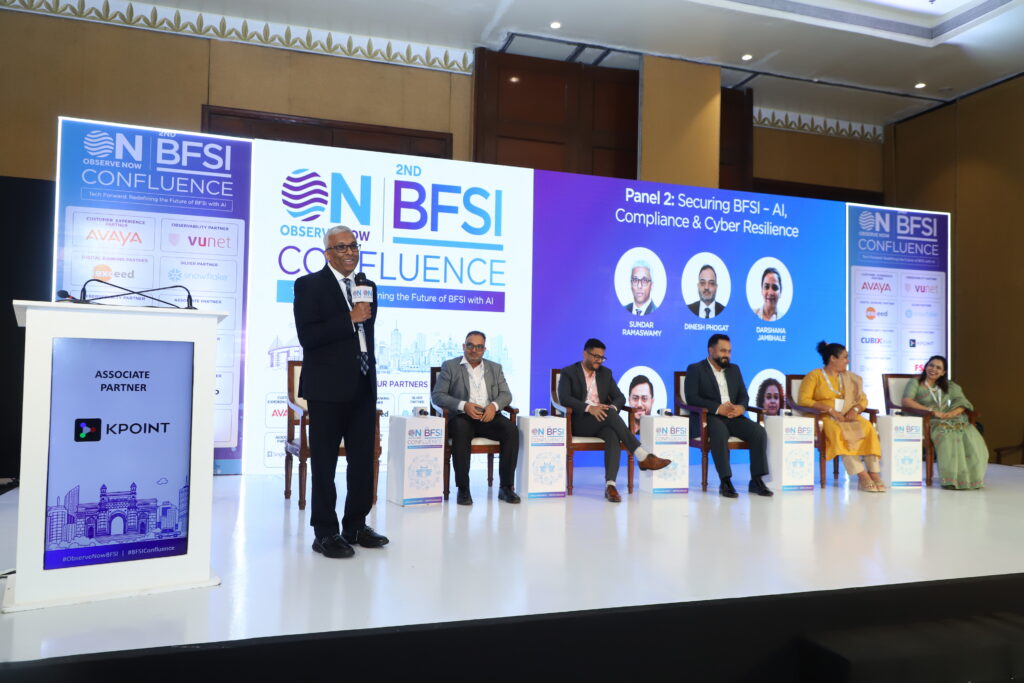
Panel 3 stressed upon, Fintech Unplugged – Digital Transformation in Banking. Fintech leaders and digital heads from SBM Bank, BHIM (NPCI), Kotak Mahindra Bank, and Unity Small Finance Bank shared how alternative data, embedded finance, and cloud-native platforms are reshaping financial inclusion. “Tier II and III markets are going digital faster than expected. AI enables us to personalise, not just digitise,” said Aditya Mishra, Chief Data Officer, SBM Bank.
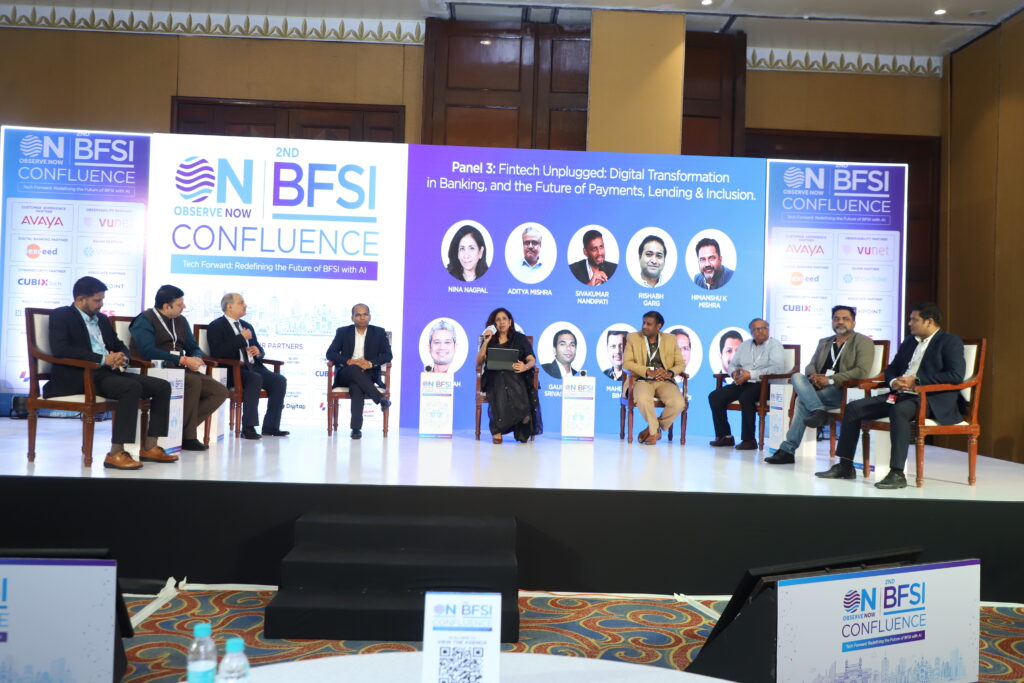
Panel 4 concluded upon, Revolutionising Insurance – AI & Automation. Insurance and asset management experts from Edelweiss Tokio, SBI General Insurance, and Aditya Birla Capital delved into how AI is being used to optimise underwriting, claims, and customer experience. “From paperwork to prediction—that’s the journey we’re enabling in insurance,” said Tarun Pandey, CTO, Aditya Birla Capital.
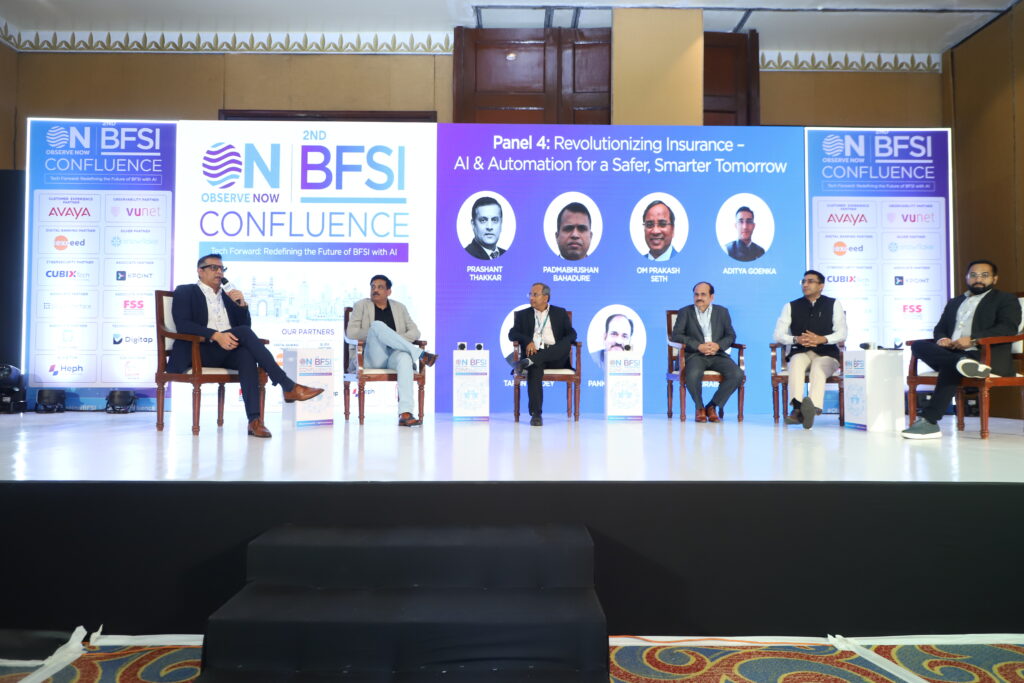
Throughout the day, industry presentations by leading firms including VuNet, i-exceed, CubixTech, Dow Jones, and Digitap offered attendees a deep dive into real-world solutions for observability, compliance, and customer experience. In a standout session, Nageen Kommu, CEO of Digitap, presented on the use of alternative data for better risk profiling, while Sachin Singh of Dow Jones demonstrated how generative AI can be used to unlock competitive intelligence from structured news feeds.
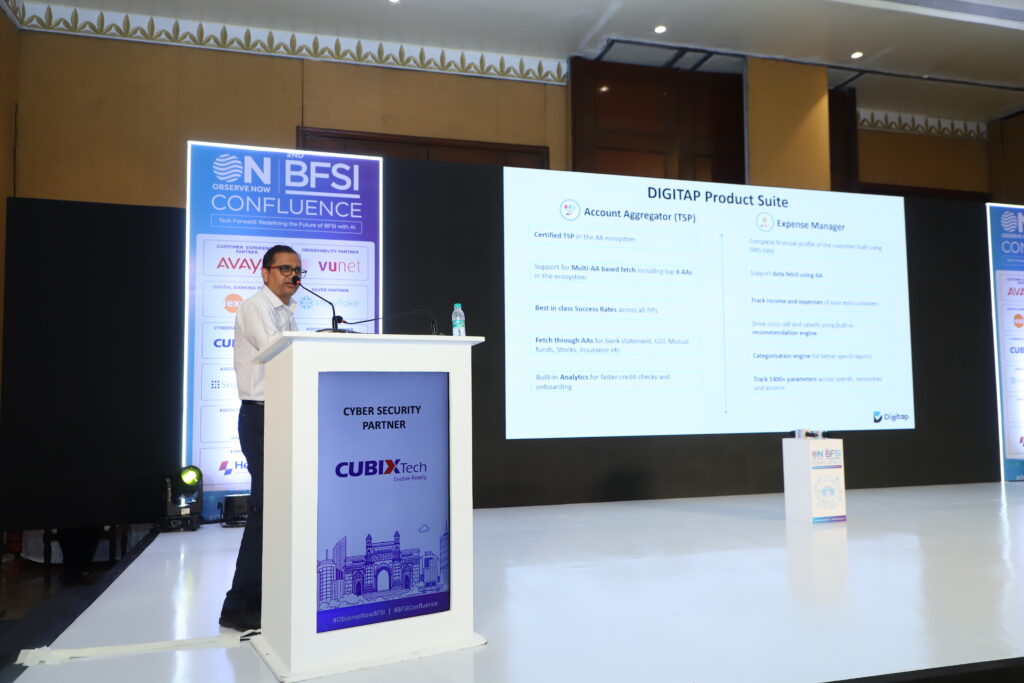
A thought-provoking fireside chat moderated by Prasanna Lohar, External Advisor, Union Bank of India, explored the ethical implications of AI in BFSI—touching upon trust, transparency, and bias. “We can’t let algorithms outpace accountability. Explainability is no longer a tech term—it’s a trust metric,” remarked one speaker.
The Confluence culminated in the Top 40 BFSI Gamechanger Awards, honouring the individuals who are redefining India’s financial ecosystem through innovative, inclusive, and secure digital strategies. This year’s awardees included CIOs, CISOs, CDOs, and digital transformation leads who are shaping how AI and technology power next-generation financial services.
In his closing address, Sumnesh Joshi, Deputy DG, Ministry of Communications, Government of India, spoke on the country’s transition from “India Stack” to “AI Stack.” “Our next mission is to ensure AI systems are not just powerful—but principled. That’s how we scale trust,” he said.
The 2nd BFSI Confluence reaffirmed ObserveNow’s commitment to spotlighting the leaders, ideas, and innovations shaping the future of finance. From AI to inclusion, cybersecurity to compliance—the conversations sparked at the event will continue to shape boardrooms and policy tables in the months to come.


